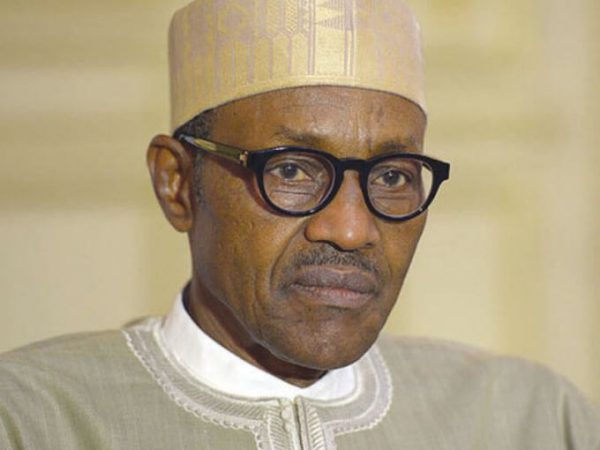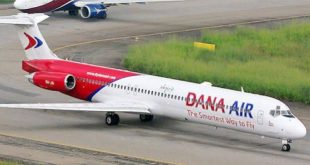
· Nigerian delegates yet to study treaty documents
· Osinbajo gets fresh approval from FEC

By Kenneth Jukpor
Fresh facts have emerged to support President Mohammadu Buhari’s refusal to sign the African Continental Free Trade Area (AfCFTA) agreement on grounds that he needed to do more consultation, as the nation’s representatives are oblivious of the content of the document.
Although the document ought to have been sent weeks before the programme, MMS Plusinvestigations revealed that the content of the document to be signed was unknown as most of the Nigerian delegates at the event in Kigali, Rwanda didn’t see the document prior to the trip, while others are yet to study the document signed by forty-four (44) member states.

President Buhari had revealed that he wouldn’t be travelling to Kigali for the event because certain key stakeholders in Nigeria indicated that they had not been consulted, even as they expressed concerns on the provisions of the treaty to form a $2.5 trillion continental free-trade zone.

AfCFTA is a brainchild of the African Union to deepen regional integration, and had been in the works since January 2012 – with Nigeria as one of its major promoters. However, local labour unions and big corporations have always been against it.
When quizzed to explain the implication of Nigeria’s absence in the lauded treaty, one of the Nigerian delegates at the conference, told MMS Plus during an exclusive chat that she was yet to study the documents signed by other nations.
Our source pleaded for two weeks to do a critical study on the document before revealing that the Vice President, Prof. Yemi Osinbajo had gotten another approval by the Federal Executive Council (FEC) to allow Nigeria sign the treaty.
“We cannot ascertain the implication of Nigeria’s absence because the treaty has just been signed. I am yet to study the document signed by other nations to enable me give an overview of the benefits to member states” the source said.
The agreement has been long awaited by many and if completed successfully will see the creation a market of 1.2 billion people and a Gross Domestic Product of 2.5 trillion dollars.
According to analysts, this comes at perfect time as most African countries have been lobbying for implementation of better regional integration policies to keep up with the trade competition in the world.
According to the Former Director, Consumer Affairs Department, Nigerian Shippers’ Council (NSC), Ms. Azuka Ogo, the agreement is predicted to boost intra-African trade by reducing barriers, such as removing import duties and tackle movement of business persons, delays at the borders that frustrate trade and non-tariff barriers.
“This agreement would promote the development of economies of the nations in the continent. While it removes barriers in intra-African trade, other institutions can also come in to help in infrastructure upgrading such as the African Development Bank (AfDB), United Nations Economic Commission for Africa, African Import and Export (AFREXIM) Bank, among others” she said.
She stressed that the continental free trade zone was similar to the regional economic communities like the Economic Community of West African States (ECOWAS), however, the African treaty created a better opportunity for nations in one part of the continent to easily trade with those in other locations.
“East Africa and South Africa have corridors for trade through roads but the corridors aren’t there for West Africa to trade with Central Africa. We need to establish these corridors via roads or rail even the air, but the African air treaty has been done” she added.
Also giving an update on the Sealink project, she said; “NEXIM Bank is confident that the project would soon take-off and the whole of Africa is looking forward to it to fully utilize the sea to boost inter-African trade”.
Nigeria’s trade and investment minister Okechukwu Enelamah has also acknowledged the continuous opposition to the deal, but he added that efforts were afoot to get the buy-in of all the stakeholders before the signing.
Recall that groups like; Manufacturers Association of Nigeria (MAN) and the organized labour union, the Nigeria Labour Congress (NLC), urged President Buhari not to sign the deal.
“We at the Nigeria Labour Congress are shocked by the sheer impunity or blatant lack of consultation in the process that has led to this. We have no doubt this policy initiative will spell the death knell of the Nigerian economy”, the NLC President Ayuba Wabba said.
MAN’s President, Frank Jacobs said his association would not support Federal Government’s adoption and ratification of the agreement establishing the African Continental Free Trade Area (AfCFTA) until issues of market access and enforcement of rules of origin are addressed.
According to MAN, the agitation from the private sector was a result of lack of consultation and inclusion of inputs of key stakeholders before Nigeria’s position was presented at the meetings of the African Union-Technical Working Group on CFTA in the build-up to AfCFTA negotiation by Nigeria.
Copyright MMS Plus.
All rights reserved. This material, and other digital content on this website, may not be reproduced, published, broadcast, rewritten or redistributed in whole or in part without prior express written permission from KINGS COMMUNICATIONS LIMITED.
 MMS PLUS NG – Maritime, Aviation, Business, Oil and Gas News Online Newspaper with coverage in Maritime, Oil and Gas, Aviation, Power and Energy as well as Financial News
MMS PLUS NG – Maritime, Aviation, Business, Oil and Gas News Online Newspaper with coverage in Maritime, Oil and Gas, Aviation, Power and Energy as well as Financial News









